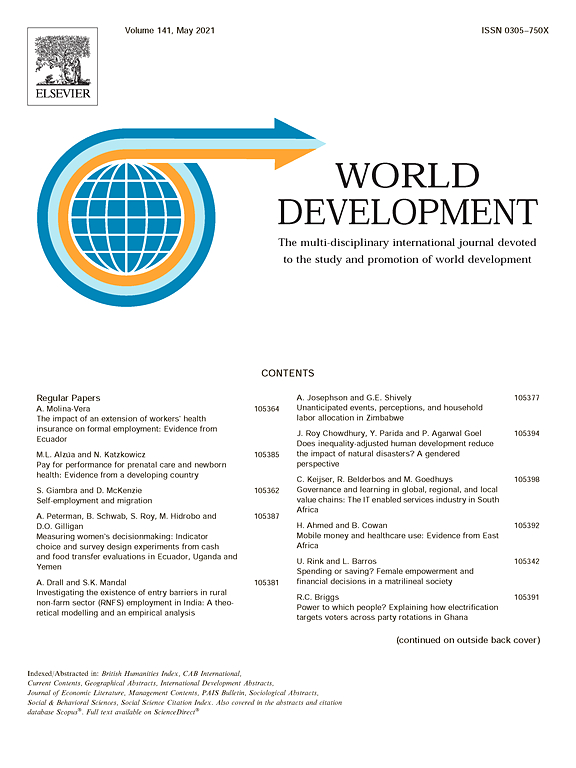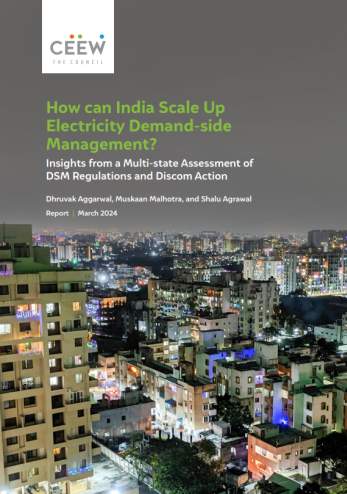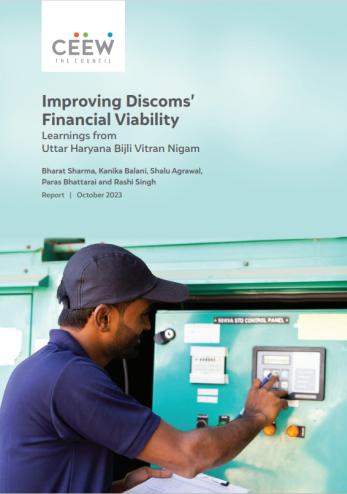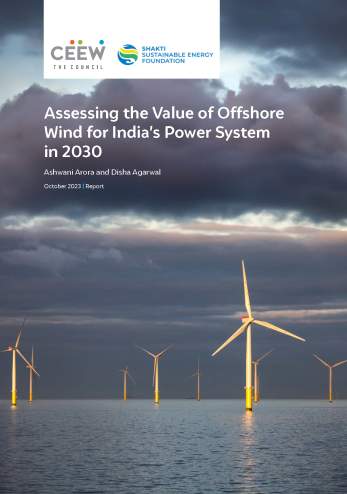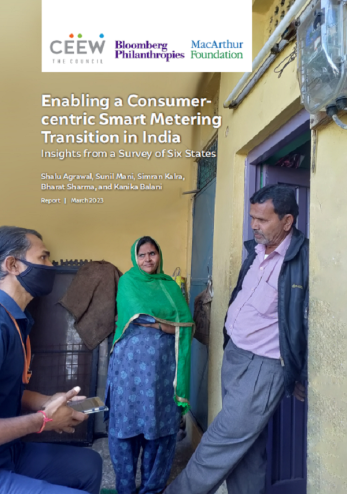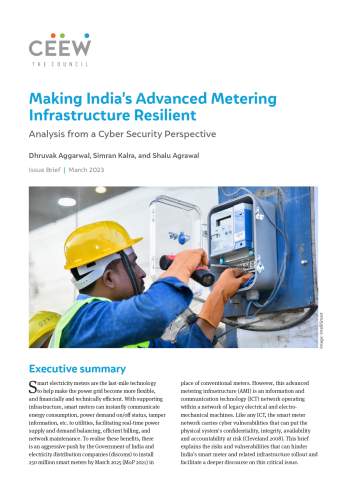Paper
Perceptions and Acceptability of Electricity Theft
Towards Better Public Service Provision
Jason Chun Yu Wong, Brian Blankenship, Johannes Urpelainen, Karthik Ganesan, Kapardhi Bharadwaj and Kanika Balani.
April 2021 | Power Markets
Suggested citation: Wong, Jason Chun Yu, Brian Blankenship, Johannes Urpelainen, Karthik Ganesan, Kapardhi Bharadwaj, and Kanika Balani. 2021. "Perceptions and acceptability of electricity theft: Towards better public service provision." World Development 140: 105301.
Overview
This paper critically examines the acceptability of electricity theft in developing countries such as India as an obstacle to proper public service access and provision. In order to understand the social attitudes towards electricity theft, the study conducted a large-scale conjoint experiment in 1,800 households across the Indian state of Uttar Pradesh. It focuses on theft via illegal wiring, locally referred to as katiya, while acknowledging that electricity theft can be committed in a few additional ways. Based on social norm theory and studies on minor crimes' perceptions, the authors develop a new hypothesis on factors affecting public acceptance of electricity theft. A key finding of the study is that social acceptability of theft is influenced by the income and electricity supply quality contexts of theft defaulters.
Key Findings
- In the electricity sector, theft is a significant barrier to ensuring safe and proper electricity access. To achieve effective compliance with legal electricity use, understanding the theft problem and the associated social attitudes is crucial.
- Thus far, the existing policies focusing on harsher punishment models, more robust enforcement, or technology-based solutions have not been effective in curbing theft. Addressing the social norms at play and considering a norm shift could significantly impact accountability and the provision of public services.
- The more well-off an individual is and with better supply quality, the less acceptable it is to be committing theft, and vice versa.
- Overall, the desired punishment levels for power theft are low. The majority of respondents chose a warning as the appropriate punishment severity; income and supply quality distinguish the odds of choosing higher punishment categories. While there exists a sense of social reprimand for stealing power, desired punishment is nuanced and context-dependent.
- Raising punishment levels to deter theft may not necessarily be socially desired.
- Social norm adjustments and participatory approaches could contribute to curbing theft and improving service provision.
Social acceptability is higher for theft offenders with less well-off income and power supply quality contexts. However, raising punishment levels to deter theft may not necessarily be socially desired.




